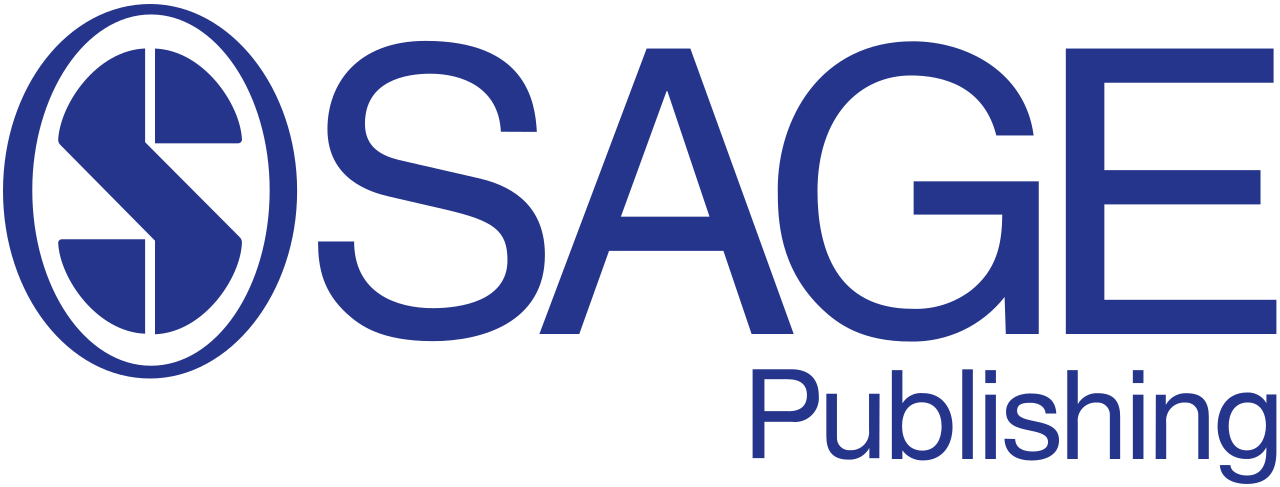
Resources
The Infinite Study
Featured Study
Standard treatment for substance use disorders (SUDs) rarely incorporates a dietary intervention. The purpose of this research is to explore how nutrition might influence early recovery outcomes. Participants (N = 33) self-selected into the 10-week treatment (whole food, plant-based diet) or control group (standard treatment center diet). Both received weekly nutrition education lessons to complement the diet. At baseline, week 3, and week 10, participants completed assessments to track mental health markers. Mean values were calculated for Healthy Eating Index-2015 (HEI-2015) and Plant-based Diet Indices (PDI). Semi-structured interviews were gathered and analyzed using grounded theory. The intervention group had significantly higher scores for HEI-2015 and PDI scores (all P’s < .001). For all psychosocial outcomes, there was a statistically significant effect of time (P’s < .001-.02), but not by condition. A significant condition by time interaction was seen with the Rosenberg Self-Esteem outcome (P = .043). Resilience at 10-weeks was significantly higher in the high PDI group (P = .031). Qualitative data showed that all participants found meaning and value in the experience. Early addiction treatment outcomes show modest but important effects of whole food plant-based nutrition and suggest value in further exploration of its use in SUD treatment.
“All participants experienced positive trends toward psychosocial health improvements based on the markers measured in the study, which reflects well on the efficacy of the treatment centers programming.”
Publishers + Research Affiliates
Media On The Study
“The INFINITE Study found that a person's dietary pattern can significantly impact their mental health.”
“Adam Sud, the project leader of The INFINITE Study, has dedicated his career to understanding the relationship between nutrition and mental health.”






